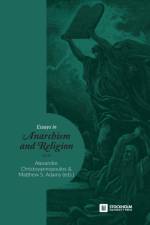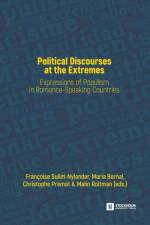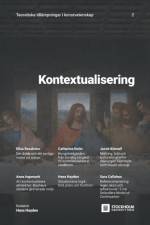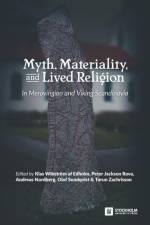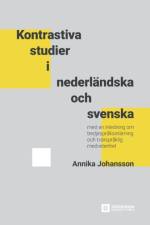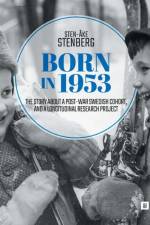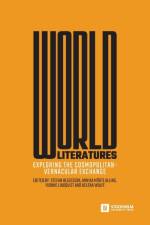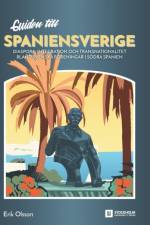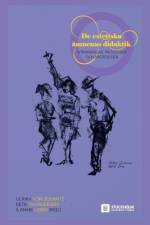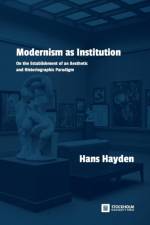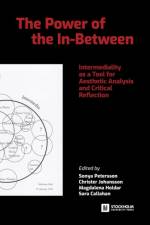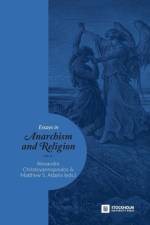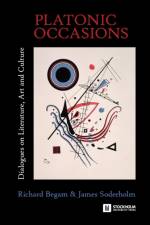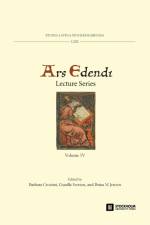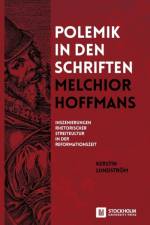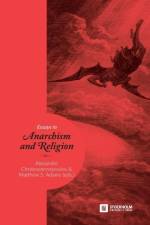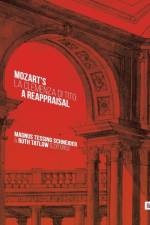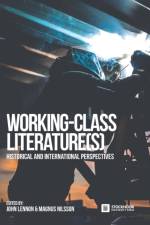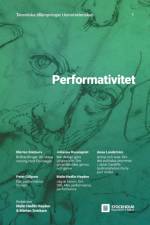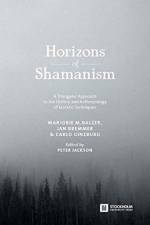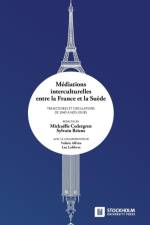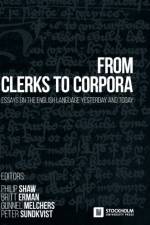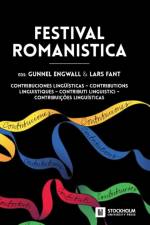- Intermediality as a Tool for Aesthetic Analysis and Critical Reflection
429
The Power of the In-Between: Intermediality as a Tool for Aesthetic Analysis and Critical Reflection gathers fourteen individual case studies where intermedial issues-issues concerning that which takes place in between media-are explored in relation to a range of different cultural objects and contexts, different methodological approaches, and different disciplinary perspectives. The cases investigate the intermediality of such manifold objects and phenomena as contemporary installation art, twentieth-century geography books, renaissance sculpture, media theory, and public architecture of the 1970s. They also bring together scholars from the disciplines of art history, comparative literature, theatre studies, musicology, and the history of ideas.Starting out from an inclusive understanding of intermediality as "relations between media conventionally perceived as different," each author specifies and investigates "intermediality" in their own particular case; that is, each examines how it is inflected by particular objects, methods, and research questions. "Intermediality" thus serves both as a concept employed to cover an inclusive range of cultural objects, cultural contexts, methodological approaches, and so on, and as a concept to be modelled out by the particular cases it is brought to bear on. Rather than merely applying a predefined concept, the objectives are experimental. The authors explore the concept of intermediality as a malleable tool of research.This volume further makes a point of transgressing the divide between media history and semiotically and/or aesthetically oriented intermedial studies. The former concerns the specificity of media technologies and media interrelations in socially, politically, and epistemologically defined space and time, and the latter targets formal considerations of media objects and its various meaning-making elements. These two conventionally separated fields of research are integrated in order to produce a richer understanding of the analytical and historical, as well as the aesthetic and technological, conditions and possibilities of intermedial phenomena.

